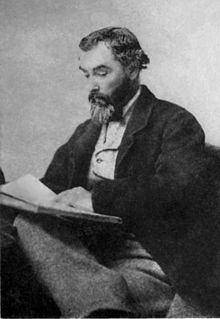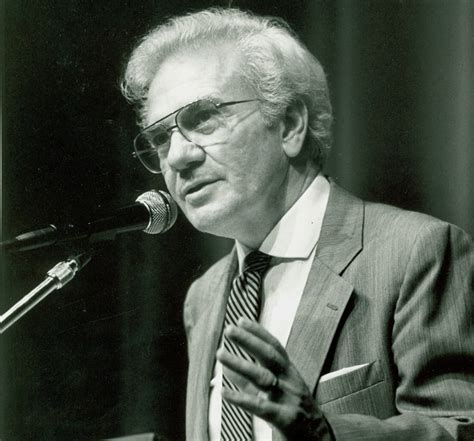A Quote by James Jackson Jarves
Art is universal. It unites mankind in common brotherhood. As a missionary of civilization, its message is both to heart and mind. Distinctions of tongue or boundary lines disappear before the power of truths, which, like the rainbow, charm by the beauty of variegated hues, or, combined with light, illuminate the universe. Moreover, art is the connecting link in the chain of great minds. Through its language, thought appeals to thought, and sympathy echoes feeling.
Quote Topics
Appeals
Art
Art Is
Beauty
Before
Both
Boundary
Brotherhood
Chain
Charm
Civilization
Combined
Common
Connecting
Disappear
Distinctions
Echoes
Feeling
Great
Great Minds
Heart
Heart And Mind
Hues
Illuminate
Language
Light
Like
Lines
Link
Mankind
Message
Mind
Minds
Missionary
Moreover
Power
Rainbow
Sympathy
Thought
Through
Tongue
Truths
Unites
Universal
Universe
Which
Related Quotes
Art is humanity's most essential, most universal language. It is not a frill, but a necessary part of communication. The quality of civilization can be measured through its music, dance, drama, architecture, visual art and literature. We must give our children knowledge and understanding of civilization's most profound works.
What Artistic and Scientific Experience Have in Common - Where the world ceases to be the scene of our personal hopes and wishes, where we face it as free beings admiring, asking, and observing, there we enter the realm of Art and Science. If what is seen and experienced is portrayed in the language of logic, we are engaged in science. If it is communicated through forms whose connections are not accessible to the conscious mind but are recognized intuitively as meaninful, then we are engaged in art. Common to both is the loving devotion to that which transcends personal concerns and volition.
When thoughts are reduced, power of the mind and its subtlety increases, tunes with the Universe. Then you can see the realms beyond the common understanding. When the mind is pure and quiet it becomes one with the universal mind. That mind is like a mirror. The secrets of the Universe will be revealed there.
Civilization...is a matter of imponderables, of delight in the thins of the mind, of love of beauty, of honor, grace, courtesy, delicate feeling. Where imponderables, are things of first importance, there is the height of civilization, and, if at the same time, the power of art exists unimpaired, human life has reached a level seldom attained and very seldom surpassed.
Marcel Duchamp, one of this century's pioneers, moved his work through the retinal boundaries which had been established with Impressionism into a field where language, thought and vision act upon one another. There it changed form through a complex interplay of new mental and physical materials, heralding many of the technical, mental and visual details to be found in more recent art... He declared that he wanted to kill art ("for myself") but his persistent attempts to destroy frames of reference altered our thinking, established new units of thought, a "new thought for that object."

































